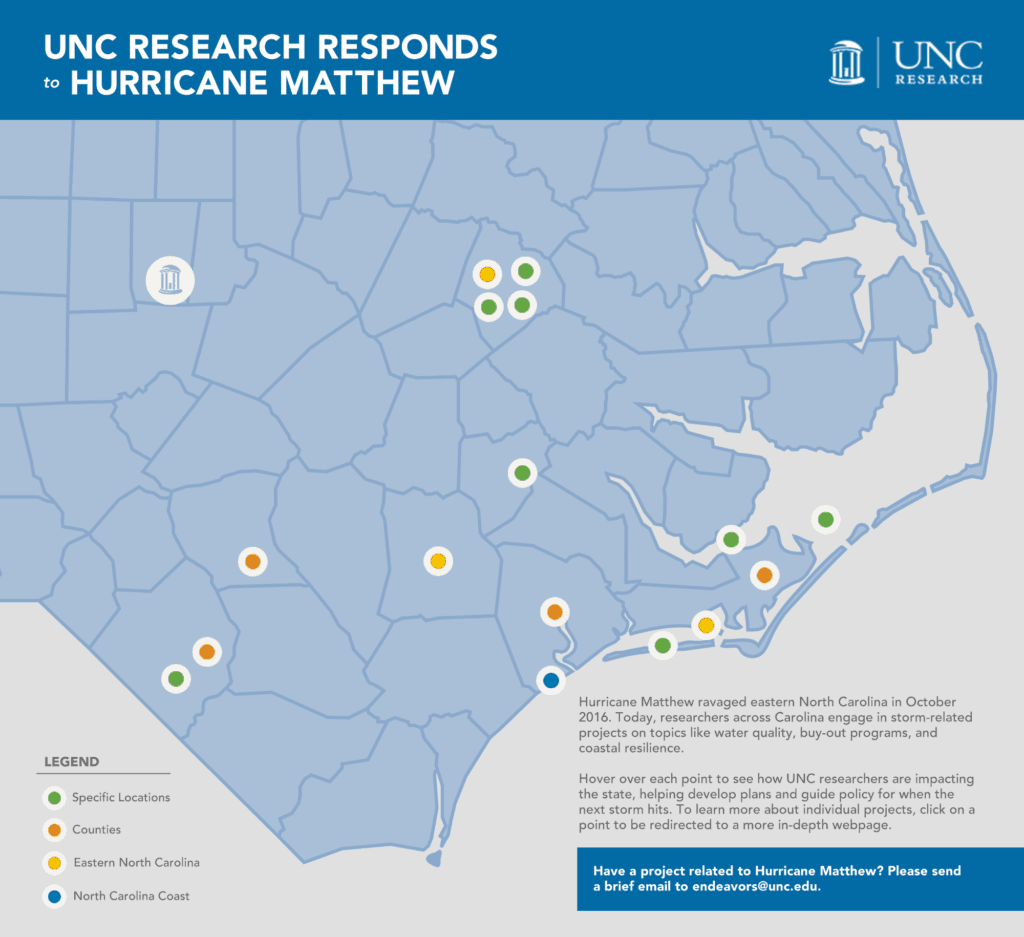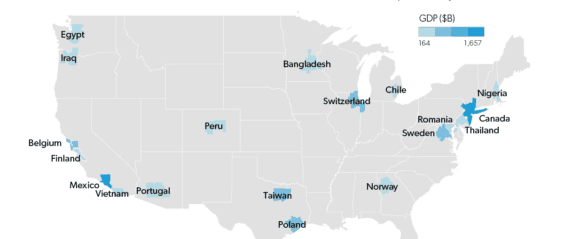Dropping Knowledge
The Cato Institute released their 2017 Financial Regulation Survey. At first blush, it sounds stodgy and dry, but it is one of the better opinion research analysis pieces we have read this year. The framing is great – clear points, good questions and useful data visualization. The results are also interesting and give specific feedback to how people view the financial sector during this time of populism with both major U.S. political parties. A few snippets:
- 74 percent of Americans believe regulations often fail to have their intended effect.
- 59 percent believe regulations, at least in the past, have produced positive benefits.
- 77 percent believe bankers would harm consumers if they thought they could make a lot of money doing so and get away with it.
- 64 percent believe Wall Street is “essential” because it provides the money businesses need to create jobs and develop new products.
Food for Thought
There was an interesting post in the Lawfare blog this week advocating for the creation of a partnership between Silicon Valley and Washington, D.C. to address cybersecurity issues. The post noted how the cultures between the tech and the bureaucratic industrials are now very different. The implication was that this cultural divergence has not always been the case and is affecting public issues like cybersecurity. Intentionally incubating industry expertise and public policy need not be limited to Silicon Valley and provides some interesting analogs for North Carolina to consider.
The Next Evolution
“New Collar” jobs is a frame NBC News used this week to describe jobs that require some specialized education but not a four-year degree. The report highlighted the benefit of six-year training programs very similar to what North Carolina began doing years ago with programs like the Easley administration’s Learn and Earn. For those who closely follow workforce training in the 21st century economy, there is not a lot of new information. However, it is interesting to observe how the cycle of policy incubation can scale and how the mainstream media can frame, endorse, and amplify policy programs in cascading ways.
For Your Consideration
UNC-Chapel Hill’s Endeavors research magazine recently published an infographic of how it has responded to Hurricane Matthew. In the wake of Harvey, Irma, Jose and Maria, it is useful to see the kind of impact that can be made in one year from one institution. (An image of the infographic is below; the version on the UNC site is interactive.)

What we're reading
Understanding America’s ridiculously large $18.6T economy by comparing the GDP of US metro areas to entire countries
The size and scope of the U.S. economy is mind-boggling. AEI provides some distinctive context into how different U.S. metro economies compare to different countries. It is a quick, fun read.... Read the rest-
Sustainable Investments Are Not Always What They Seem
-
Two Court of Appeals decisions affect education policy
-
A new breed of real estate investor is destroying America's cities.
-
How the US Hispanic Population is Changing
-
The future of news is humans talking to machines
-
Why Preschool is the ‘Most Important Year’ In a Child’s Development
-
North Carolina: The New American Heartland


